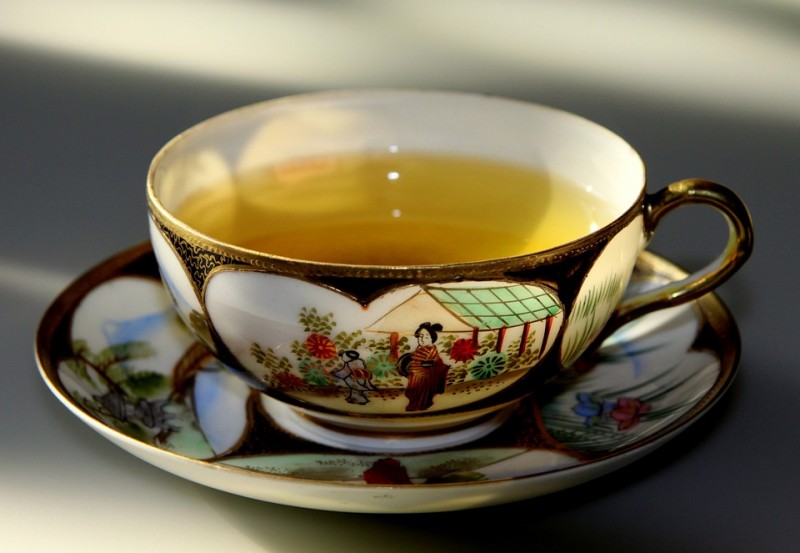
Tea is one of the world's most popular beverages, enjoyed by millions for its soothing qualities, diverse flavors, and potential health benefits. It's a versatile drink that can be a comforting morning ritual or a calming evening companion. However, what many tea lovers may not realize is that their daily cups of tea might be causing a hidden addiction. Just like alcohol, tea has the potential to create dependency in some individuals, and this article aims to shed light on the signs and symptoms of tea addiction.
The Hidden Addiction
Tea, particularly black tea, contains caffeine – a stimulant that can lead to physical and psychological dependence. While tea addiction is not as severe or life-threatening as alcoholism, it can still have a significant impact on one's health and well-being if left unaddressed.
Symptoms of Tea Addiction
Craving for Tea: One of the first signs of tea addiction is a persistent and strong craving for tea, especially when you wake up in the morning or feel a drop in energy during the day.
Increased Tolerance: Over time, regular tea drinkers may find that they need more and more tea to achieve the same level of alertness or satisfaction, indicating a developing tolerance.
Withdrawal Symptoms: When you try to cut back on your tea consumption or quit altogether, you may experience withdrawal symptoms such as headaches, irritability, fatigue, and difficulty concentrating.
Neglecting Responsibilities: If your love for tea starts to interfere with your daily responsibilities and obligations, it's a red flag. Skipping work or neglecting family and social commitments to indulge in tea is a sign of addiction.
Inability to Control Consumption: If you find it challenging to control the amount of tea you consume or the frequency of your tea breaks, you may have a problem.
Continued Use Despite Consequences: Even when you realize that your excessive tea consumption is causing health issues or problems in your personal or professional life, you continue to drink tea.
The Psychological Aspect
Tea addiction is not only about the physical dependence on caffeine. It can also have psychological components. Many people use tea as a form of emotional crutch, seeking comfort and stress relief in their daily cups. This can lead to emotional dependency, making it even more challenging to break free from the habit.
How to Address Tea Addiction
If you suspect that you or someone you know is struggling with tea addiction, there are steps that can be taken to regain control:
Acknowledge the Problem: The first step is recognizing that you may have a tea addiction. Self-awareness is crucial for change.
Gradual Reduction: Instead of quitting cold turkey, consider gradually reducing your tea consumption to minimize withdrawal symptoms.
Seek Support: Reach out to friends, family, or a counselor who can provide emotional support and guidance during your journey to quit tea addiction.
Find Alternatives: Replace your tea habit with healthier alternatives such as herbal teas, decaffeinated teas, or other soothing beverages like hot water with lemon or ginger.
Stay Hydrated: Ensure you're drinking plenty of water to stay hydrated, which can reduce the urge to reach for tea.
Healthy Lifestyle: Adopt a healthier lifestyle, including a balanced diet, regular exercise, and stress management techniques like meditation or yoga.
Tea is a beloved beverage enjoyed by many for its taste and potential health benefits. However, it's essential to be mindful of the fine line between enjoyment and addiction. If you find yourself exhibiting signs of tea addiction, take action to regain control of your life and health. Remember, moderation is key, and it's always a good idea to seek professional help if you're struggling to break free from the grip of tea addiction. Your well-being should always come first, even when it means letting go of a beloved habit.